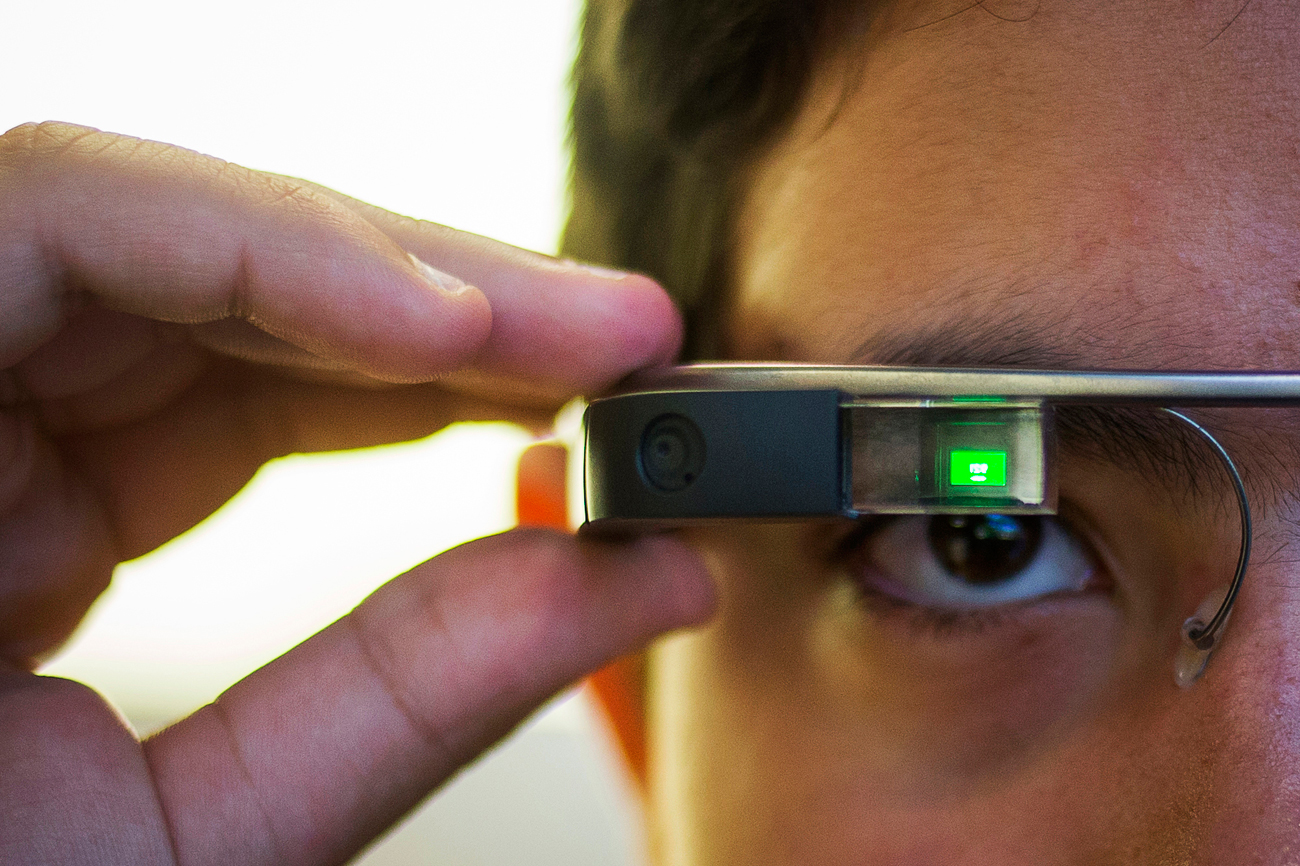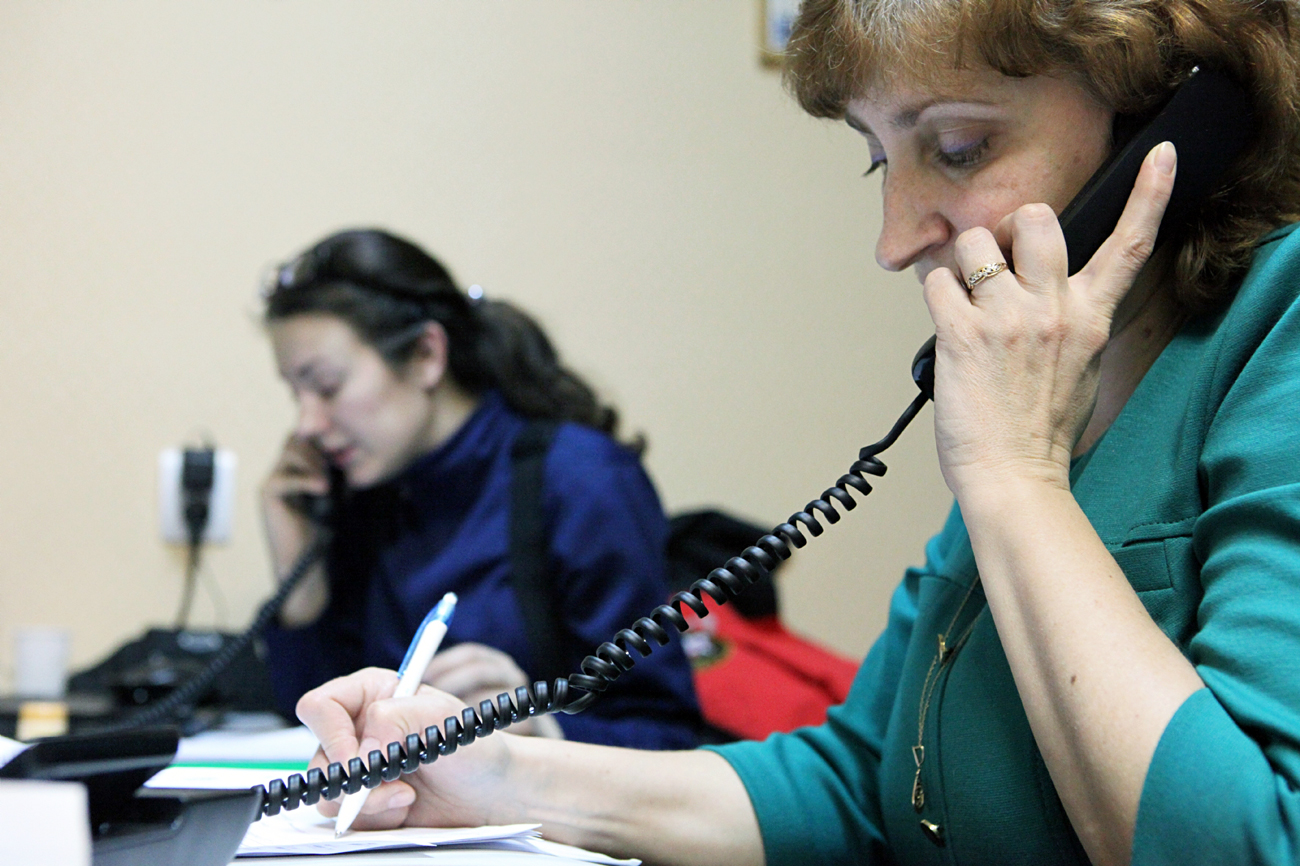How Google Glass is helping Siberian scientists study brain disease

In the first stage the scientists used Google Glass to study how healthy people and patients with various diseases react to virtual reality.
ReutersSiberian scientists are developing software for virtual testing to determine a person's predisposition to certain brain diseases. The procedure could even be used on children as young as five years old.
The software is being developed by researchers at the Tomsk Polytechnic University and the Siberian State Medical University, and they are already using Google Glass to study how healthy people and patients with various diseases react to virtual reality.
Google Glass to the rescue
Using Google Glass headsets, researchers analyzed participants' movements in virtual reality.
"They evaluated the condition of the muscles, the brain and the vestibular system, and there is a difference between the vestibular system's reaction in healthy people and that in sick people," said Ivan Tolmachev, one of the procedure's developers.
The study's main aim is to gather a large amount of medical data on various parameters. The test was conducted on 70 people -- 30 healthy individuals, 20 Parkinson’s patients, and 20 people suffering from sclerosis.
The next stage is to develop special software, which Tolmachev estimates will cost about 1.8 million rubles ($27,500), but this will require certification and further clinical testing.
Each participating person is required to be aware of what is happening around them and understand the doctor's instructions. The scientists are also planning to work with children who are five and older in order to understand if they are predisposed to brain disease.
Yevgeny Blagoveschensky, a researcher at the Institute of Translational Biomedicine at St. Petersburg State University, said that it is still too early to use the VR testing system in clinics. He believes the Siberian scientists need to study more patients, and it is important that they be in good health because a simple cold can significantly distort the results.
German research
In October 2015 scientists at a clinic in Bonn, Germany conducted tests to identify brain disease with the help of virtual reality. Nikolai Axmacher, professor at the Institute of Cognitive Neurosciences and the project's director, said the tests do not analyze the patient's movements but rather the brain's activity.
As part of the study patients took a virtual test with the help of glass TV screens in a functioning Magnetic Resonance Imaging (MRI) scanner. The patient's body, however, did not move in reality. Instead, patients controlled their virtual movements with the help of a special button. If a patient is prone to a brain disease the activity of some cells responsible for coordinating movement is weakened or absent completely.
The German scientists are also not yet ready to use their procedure on a wider commercial scale. The main challenge is to lower the scanning time. "For now, it takes 75 minutes and this is more than patients can tolerate," said Axmacher.
Read more: Not a ‘Western disease’ after all: How HIV appeared in the USSR>>>
Subscribe to get the hand picked best stories every week
All rights reserved by Rossiyskaya Gazeta.
Subscribe
to our newsletter!
Get the week's best stories straight to your inbox

